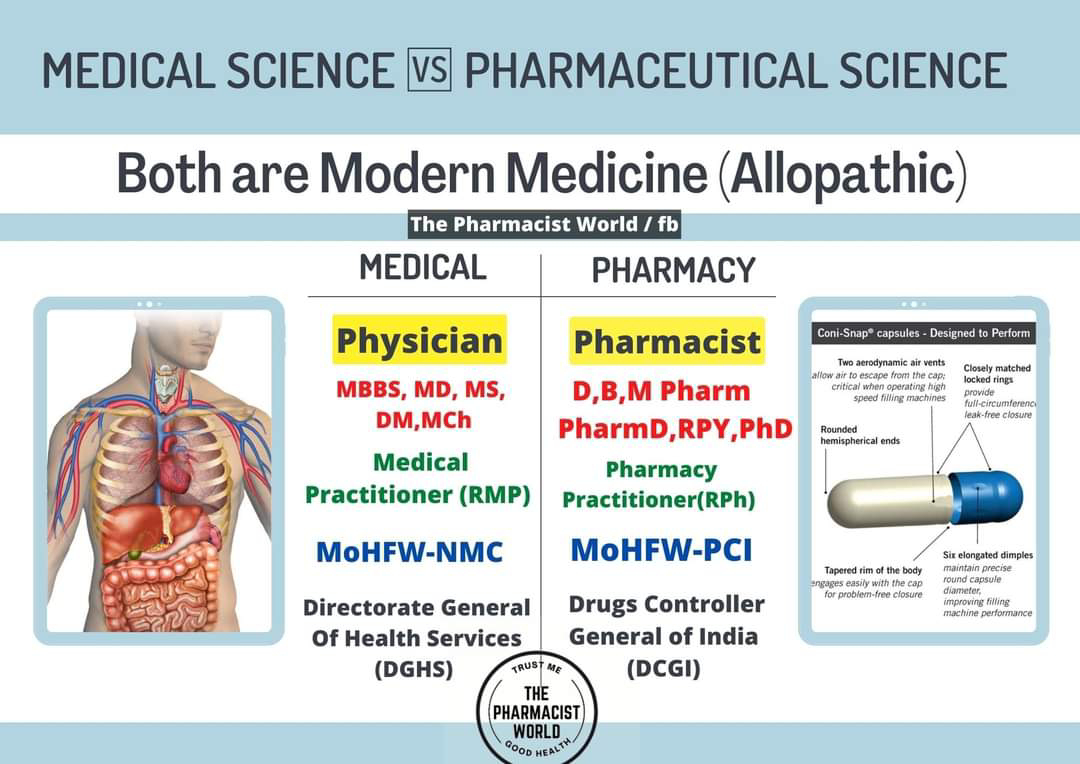- Pharm.D. as a Professional Qualification:The Pharm.D. is a professional doctorate recognized by the Pharmacy Council of India (PCI). It signifies expertise in pharmacy practice and allows graduates to become licensed pharmacists.
- Residency Programs:
- Following the Pharm.D., residency programs offer specialized training in various clinical settings, such as hospitals and clinics.
- Focus Areas:
- Residency programs can focus on areas like:
- Clinical Pharmacy: Providing patient-centered care, medication therapy management, and drug information services.
- Critical Care: Managing patients in intensive care units, focusing on advanced life support and critical care protocols.
- Other Specializations: Opportunities may also exist in areas like oncology, cardiology, and infectious disease, depending on the specific program and institution.
- Career Paths:
- Residency training can lead to various career opportunities, including:
- Clinical Pharmacist Roles: In hospitals and other healthcare settings, directly involved in patient care.
- Medical Affairs: Bridging the gap between pharmaceutical companies and healthcare professionals, providing scientific expertise and support.
- Research: Participating in clinical trials and research activities.
- Duration:Residency programs typically last one to two years, depending on the specialization and institution.
- Benefits:Residency programs offer valuable practical experience, enhance clinical skills, and improve career prospects for Pharm.D. graduates.
The term residency is named as such due to resident physicians (resident doctors) of the 19th century residing at the dormitories of the hospital in which they received training.[1]
In many jurisdictions, successful completion of such training is a requirement in order to obtain an unrestricted license to practice medicine, and in particular a license to practice a chosen specialty. In the meantime, they practice "on" the license of their supervising physician. An individual engaged in such training may be referred to as a resident physician, house officer, registrar or trainee depending on the jurisdiction. Residency training may be followed by fellowship or sub-specialty training.[2]
Whereas medical school teaches physicians a broad range of medical knowledge, basic clinical skills, and supervised experience practicing medicine in a variety of fields, medical residency gives in-depth training within a specific branch of medicine.
- Duration: Generally 3 years for most specialties, but can vary.
- Eligibility: Requires completion of MBBS and passing the NEET-PG exam.
- Structure: Includes clinical rotations, academic learning (case discussions, seminars, etc.), and research.
- Focus: Hands-on clinical experience and development of practical skills under supervision.
- Outcome: Leads to an MD or MS degree in the chosen specialty and prepares doctors for independent practice.
- Supervision: Residents work under the guidance of attending physicians and consultants.
- Workload: Residents typically work long hours, including nights, weekends, and holidays.
